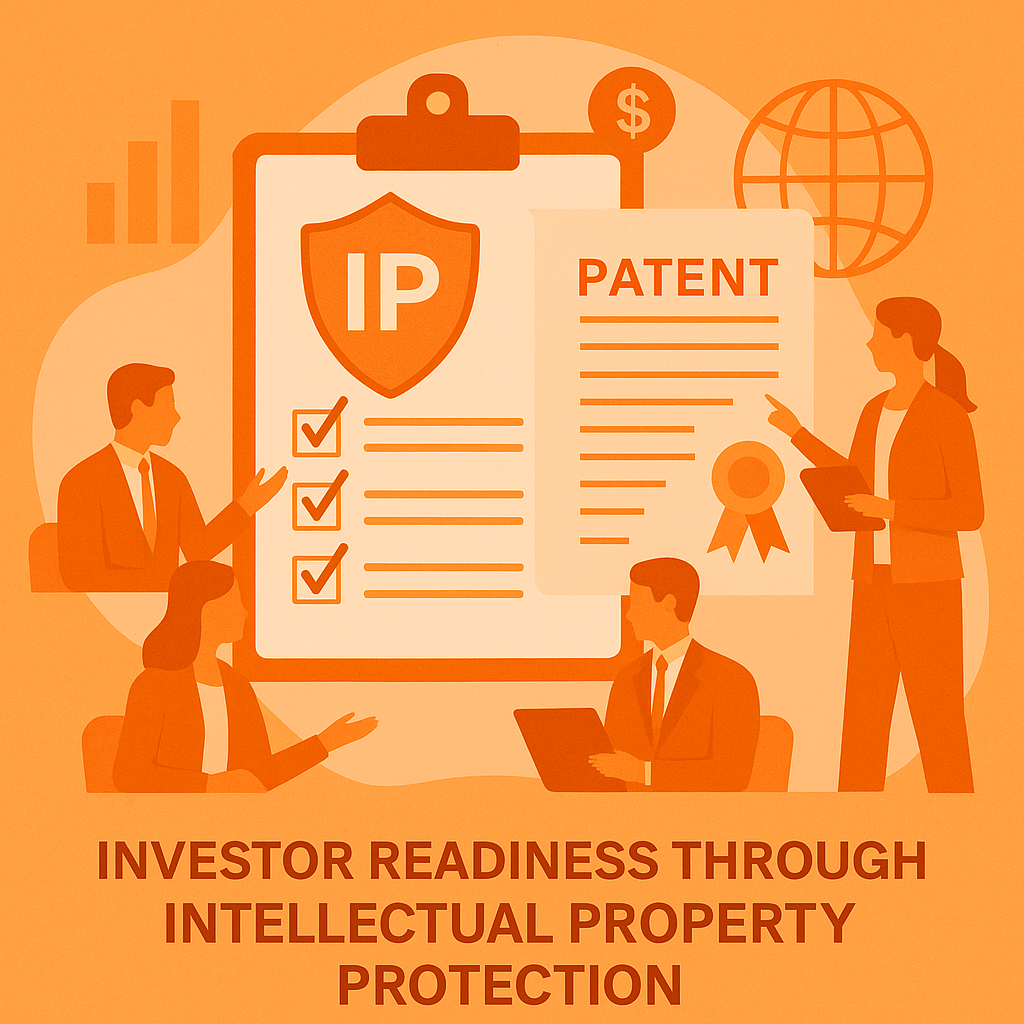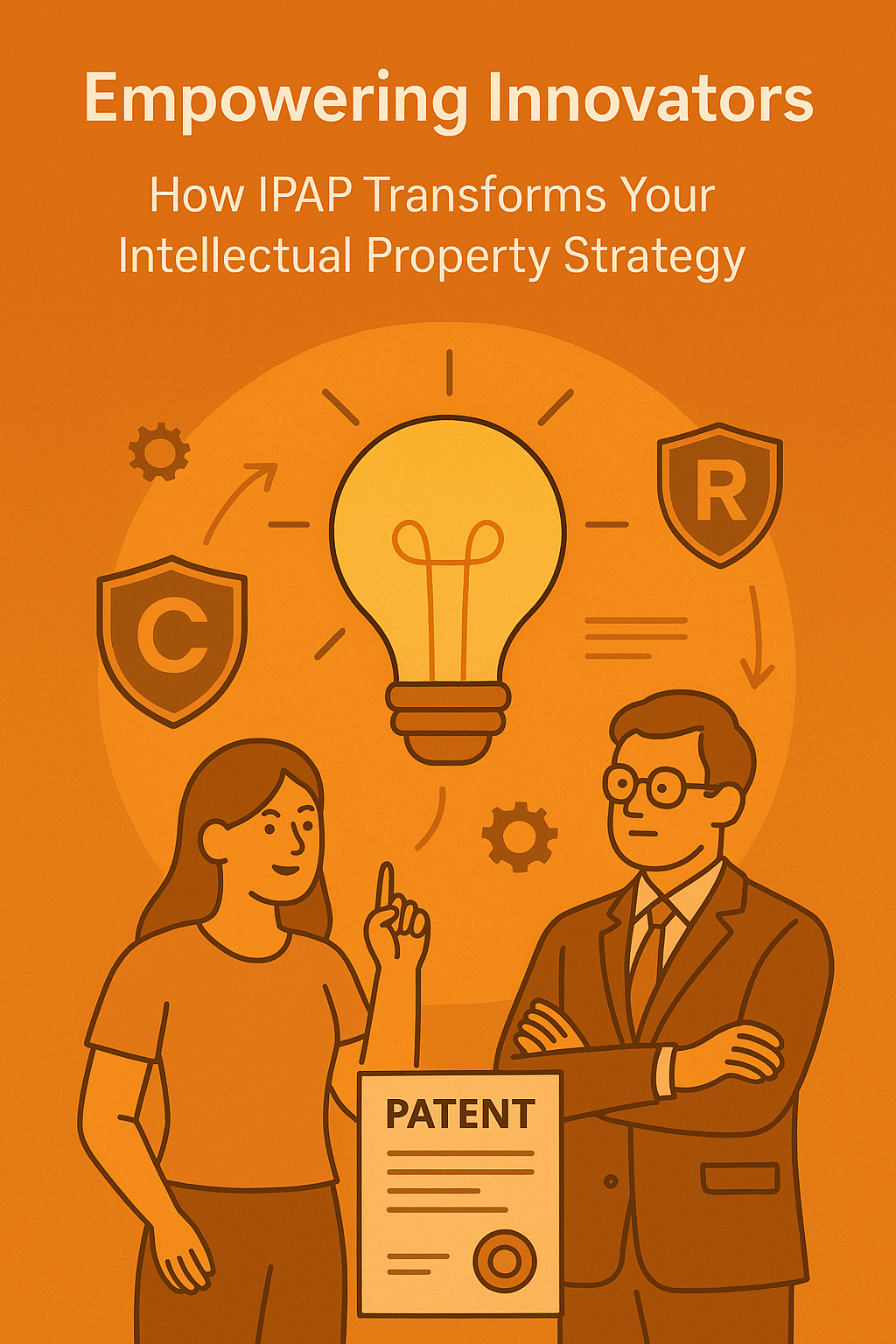A few years ago, we met a first-time founder at a startup event. She showed us her patent certificate with pride. It had cost her $18,000 in legal and filing fees. “This,” she said, “is the cornerstone of my business.”
So we asked a few questions:
- What market research did you do before filing?
- Do you have any manufacturer feedback?
- Have you spoken to licensees?
- What’s your revenue model?
Her answer to all of them? “Not yet.”
The Hard Truth: The Patent Had No Value
It was well-written. It covered a novel feature. But it was protecting a product that:
- Had no market traction
- Hadn’t been engineered
- Wasn’t linked to a real demand
She had built an expensive asset that no one wanted to buy, license, or invest in.
The 3 Biggest Mistakes She Made
1. She Filed Before Validating the Idea
She hadn’t tested for manufacturing feasibility or market fit. The result? A beautiful patent that covered a product she couldn’t produce affordably.
Need help validating first? Check out our Patent Search & Analysis service.
2. She Filed for Protection, Not Positioning
The patent wasn’t integrated with a monetization strategy. She couldn’t explain how it would help her raise capital, gain licensing revenue, or block competition.
We fix this with IP Strategy & Consulting.
3. She Didn’t Have a Commercialization Plan
There were no partners in place. No pitch deck with IP value baked in. No pricing model. The IP was disconnected from the business.
At that point, it was an expensive certificate—not an asset.
What This Taught Us—and What We Tell Every Client
At Michael & Hope, we believe a strong patent is:
- Tied to real-world demand
- Technically viable to build or manufacture
- Backed by a business plan
- Positioned for investors or licensees
- Part of a long-term strategy
Without those ingredients, a patent becomes a cost center, not a growth engine.
Real Talk for Founders: Ask Yourself This
- Would you file this patent if you had to license it tomorrow?
- Can you name 3 companies who’d want to buy or use the technology?
- Have you validated the product with customers or manufacturers?
- Does this IP align with your pitch deck and investor targets?
If not—pause. Start with validation and strategy first. You’ll save time, money, and build something worth owning.
Schedule a Strategic Patent Consultation
Let’s make sure your idea is technically sound, commercially viable, and investor-worthy before you file.







